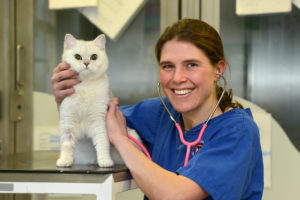
Image courtesy or Norrie Russell
At this stage, Jasmin Paris probably needs no introduction. A mother, wife, vet, researcher and record-holding ultra-runner, she recently became the first female ever to win the 268 mile Montane Spine Race and in doing so, smashed the previous record by half a day.
She did all this while taking a ‘short break’ from writing her PhD thesis investigating why white blood cells become cancerous and what scientists can do to target them.
Juggling a career with a demanding training schedule, as well as caring for her 14 month baby, requires plenty of discipline. And Jasmin is the first to admit that it’s not always easy.
You hadn’t originally planned to do the Spine Race, why did you decide to enter?
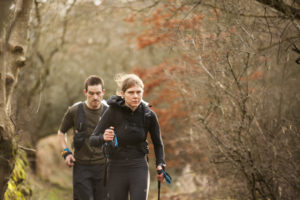
Image courtesy of Yann Besrest-Butle
I signed up for the Spine in autumn last year because I was struggling with motivation and needed something to work towards. My daughter wasn’t sleeping through the night, so I was finding it really hard to get up at 4.30am to train before work, in the cold and dark. Whilst it seemed like a crazy thing to put oneself through, I was interested in the challenge of it, particularly the extent to whether I could run for several days, mostly without sleep.
How do you keep a work-life balance?
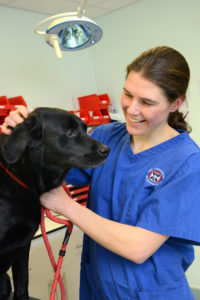
Image courtesy or Norrie Russell
Doing a PhD in research means that my schedule is fairly flexible. In the lead-up to the race I worked out that if I train from 5am, I could be in work by 7am. I can then get a full day’s work in before picking up my daughter at 3.30pm. I prefer to start work earlier because it’s really important for me to have that time for my family.
During my internship and residency, I often worked very long hours, but I don’t think that would be sustainable long term. Now I have a family, and a sport I am passionate about, so work life balance is really important to me. If you have something that gives you a buzz and really motivates and inspires you, I think you end up being more productive because you’re more efficient with your time.
How do you keep motivated with both work and running?
Generally, I think I’m quite a driven person. So much of it is about believing in yourself and keeping yourself going when it gets tough, because it does get tough. Being able to push through when things aren’t necessarily going that well is a good skill to have. Vets, for example, work pretty hard but get things done too, and that sort of attitude has helped me in terms of running as well.
What are you most proud of in your sporting-career?
The Spine Race is probably what I’m most proud of, partly because I did it after coming back from having my daughter. It was a completely different sort of race…lots of new challenges that I wasn’t sure how they would go. It was of course exciting to beat the men too.
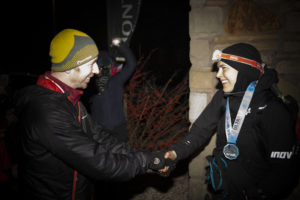
Image courtesy of Yann Besrest-Butle
Two other achievements that are particularly special for me are the Ramsay Round, for which I hold the overall record, and the Isle of Jura fell race ladies record. The Ramsay Round is a 24-hour challenge over 23 Munros around Glen Nevis, near Fort William (I ran it in 16 hours 13 minutes), whilst Jura is a special place for me for several reasons, not all running related.
Work wise, what are your research goals?
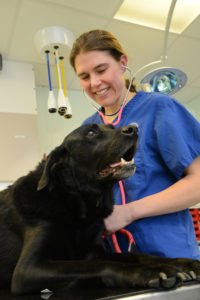
Image courtesy or Norrie Russell
I’m currently working in cancer but hoping to move more into an immunology field, which will tie in better with my clinical work. Many of the dogs I see as patients have over-active immune systems, or in some cases their immune systems don’t work very well. It happens a lot in dogs, but also in cats, and in humans. I would like to work on understanding why that happens, and what we can do to treat it.
Who inspires you?
I’m actually most inspired by the people at the back of the field, not necessarily the winners. On multi-day multi-stage races it’s particularly striking, the people at the back are out for longest each day, get least rest, and are constantly chasing the cut-offs. It’s those people, who hang on through thick and thin, that are the real heroes.
How do you feel about being an inspiration for future young scientists and athletes?
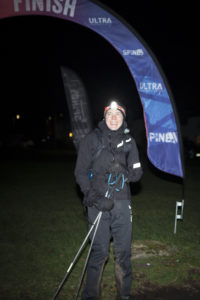
Image courtesy of Yann Besrest-Butle
The thought of inspiring the next generation is hugely inspiring for me too! Of all the media coverage that my race win received, the thing I was probably most excited about was being on the cover of the Junior Week magazine. Being used as a role model to inspire the next generation surely has to be the ultimate accolade.
What would be your advice for early career female scientists?
Thankfully, and rightly, I’ve never felt disadvantaged at work as a result of having my daughter. My advice to any woman thinking about having a family and worrying about how that will impact on their scientific career would be not to fear, and to go ahead. I think you can do both.
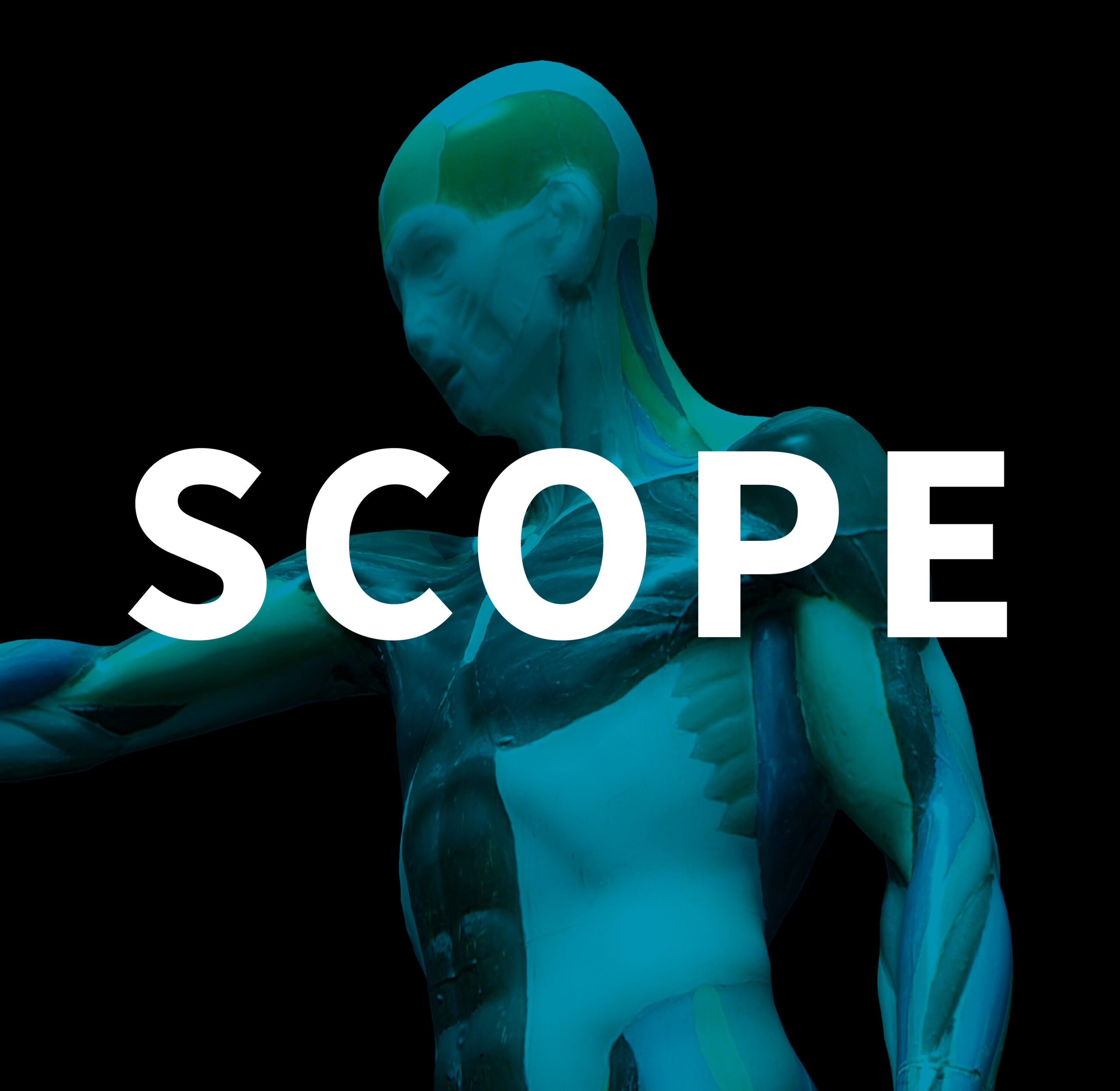



Leave a Reply